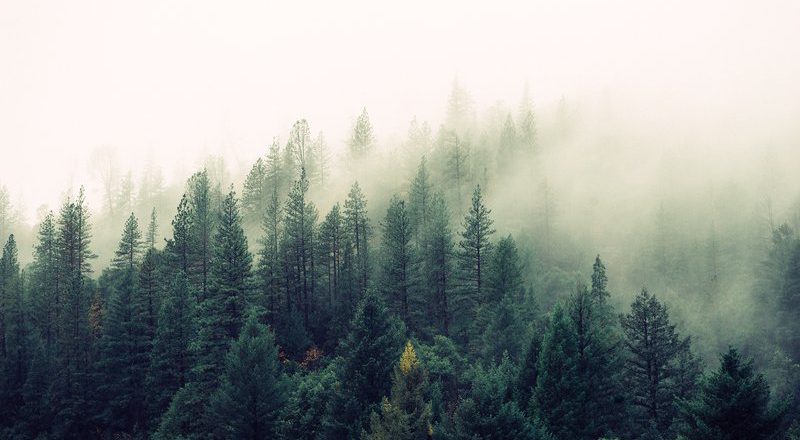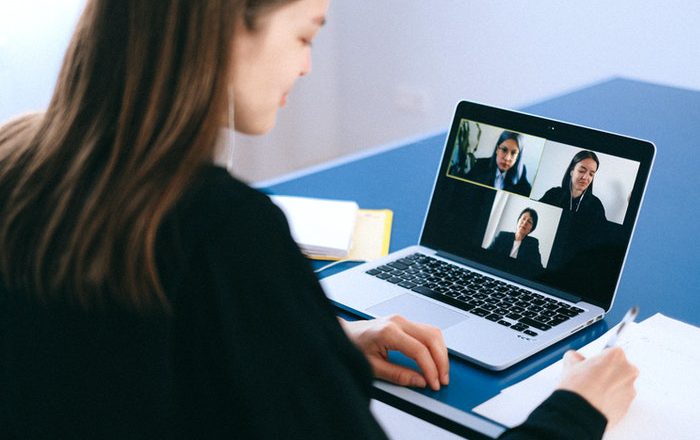Video: Slowing deforestation is the key to preventing the next pandemic – but what does that cost?
In a recent journal article, a team of biologists, medical scientists, environmental scientists and conservationists proposed a number of measures to reduce the likelihood of future pandemics, many of which originate with wild animals such as bats. They argue that spending billions of dollars per year – a fraction of the cost of pandemics – on programs that reduce deforestation would curtail wildlife trade and support the communities that live on the forests’ edge.
Les Kaufman, professor of biology at Boston University and a member of the team, spoke about what causes pandemics, and how we might prevent them.
Boston University professor biology Les Kaufman talks about what causes pandemics, and how much it would cost to reduce their likelihood.
What was this study trying to find?
I helped...

